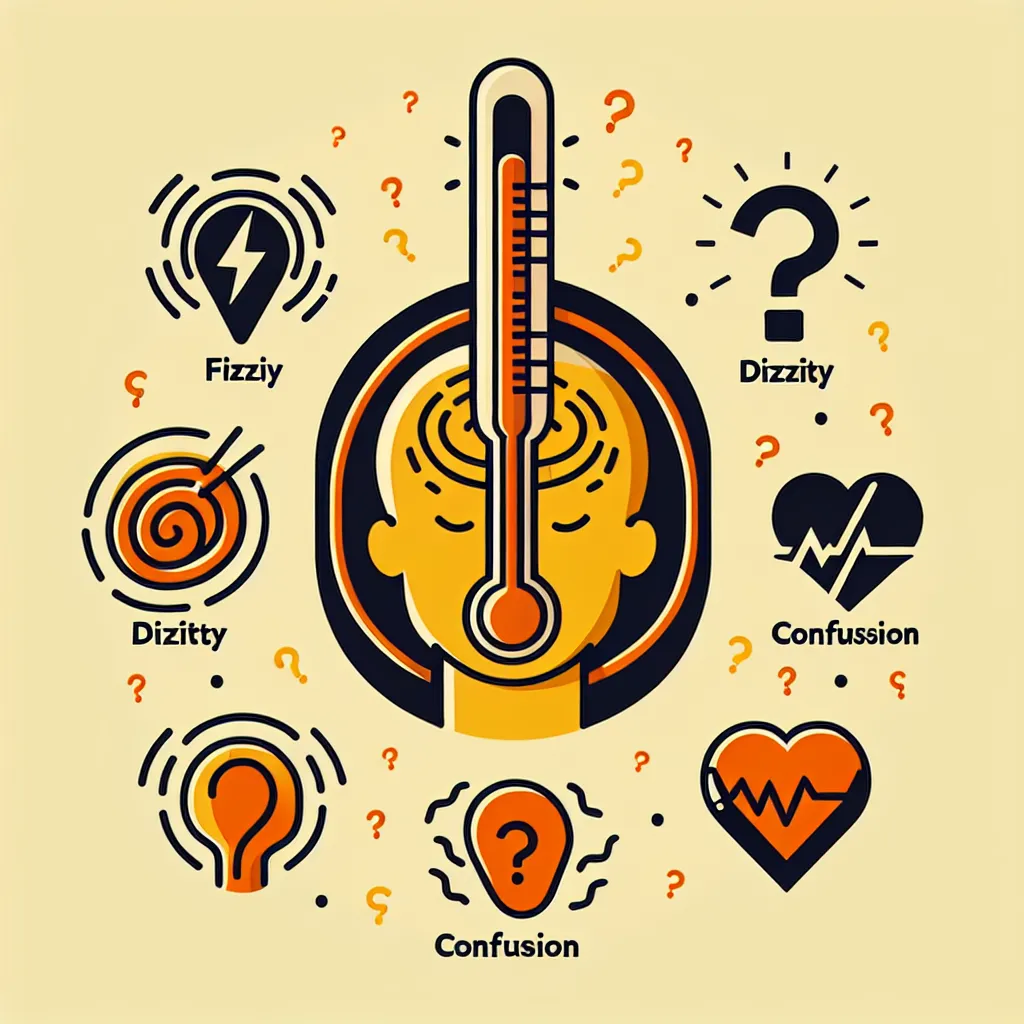Heat stroke is a crucial topic that often appears in IELTS exams, particularly in the reading and writing sections. As an IELTS teacher, I’ll guide you through the essential vocabulary related to heat stroke, helping you understand, remember, and effectively use these terms in your exam.
Understanding ‘Heat Stroke’
Heat stroke (noun) /hiːt strəʊk/: A serious condition caused by overheating of the body, usually as a result of prolonged exposure to high temperatures.
Context and Usage
-
The elderly are particularly vulnerable to heat stroke during heatwaves.
This sentence highlights the susceptibility of older people to heat stroke, emphasizing the importance of age as a risk factor. -
Symptoms of heat stroke include high body temperature, confusion, and rapid breathing.
Here, we see a list of common symptoms associated with heat stroke, providing a clear description of the condition. -
The marathon runner collapsed from heat stroke after pushing himself too hard in the scorching sun.
This example illustrates how physical exertion in hot conditions can lead to heat stroke, demonstrating its relevance in sports contexts. -
Climate change is expected to increase the incidence of heat stroke in urban areas.
This sentence connects heat stroke to broader environmental issues, showing how it can be relevant in discussions about climate change and public health. -
Prompt medical attention is crucial when someone is suspected of suffering from heat stroke.
This example emphasizes the urgency of treating heat stroke, highlighting its serious nature.
Heat stroke is most likely to appear in IELTS Reading passages related to health, climate change, or urban planning. It may also be a topic for Writing Task 2 essays discussing environmental issues or public health concerns.
Analyzing the Vocabulary
Word Structure
The term “heat stroke” is a compound noun formed by two simple words:
- Heat: relating to high temperature
- Stroke: in this context, referring to a sudden attack or occurrence
Synonyms and Related Terms
- Heat exhaustion (a milder form of heat-related illness)
- Hyperthermia (medical term for elevated body temperature)
- Sunstroke (often used interchangeably with heat stroke, though technically different)
Antonyms and Contrasting Terms
- Hypothermia (abnormally low body temperature)
- Heat acclimatization (the body’s adaptation to heat)

Memorization Techniques
Mind Mapping
Create a mind map with “Heat Stroke” at the center, branching out to:
- Causes (e.g., high temperatures, dehydration, physical exertion)
- Symptoms (e.g., high body temperature, confusion, rapid breathing)
- Risk factors (e.g., age, certain medications, lack of acclimatization)
- Prevention methods (e.g., staying hydrated, avoiding peak heat hours)
- Treatment (e.g., cooling techniques, medical intervention)
Visualizations and Mnemonics
Imagine a person “struck” by a giant thermometer to represent “heat stroke”. This vivid image can help you remember both the term and its meaning.
Practical Application
IELTS-style Exercise
Complete the following paragraph using the words provided:
heat stroke | symptoms | elderly | urban areas | climate change
“As __ continues to cause rising temperatures, the incidence of __ is expected to increase, particularly in __. The __ are especially at risk, and it’s crucial to recognize the __ early to prevent serious health consequences.”
(Answers: climate change, heat stroke, urban areas, elderly, symptoms)
Writing Task 2 Practice
Topic: Some people believe that governments should invest more in preventing heat-related illnesses as global temperatures rise. To what extent do you agree or disagree?
In your response, be sure to use relevant vocabulary such as “heat stroke,” “urban heat islands,” and “public health measures.” Discuss the potential impacts of rising temperatures on public health and the role of government intervention.
For more information on how climate change affects global health, you can refer to our article on how climate change impacts public health.
Conclusion
Mastering vocabulary related to heat stroke is not only crucial for success in the IELTS exam but also for understanding important global health issues. By learning these terms and practicing their use in context, you’ll be well-prepared to tackle related topics in your reading, writing, and speaking tasks.
Remember to review these terms regularly and try to use them in your everyday English practice. If you have any questions about this vocabulary or how to use it in your IELTS preparation, feel free to ask in the comments below.